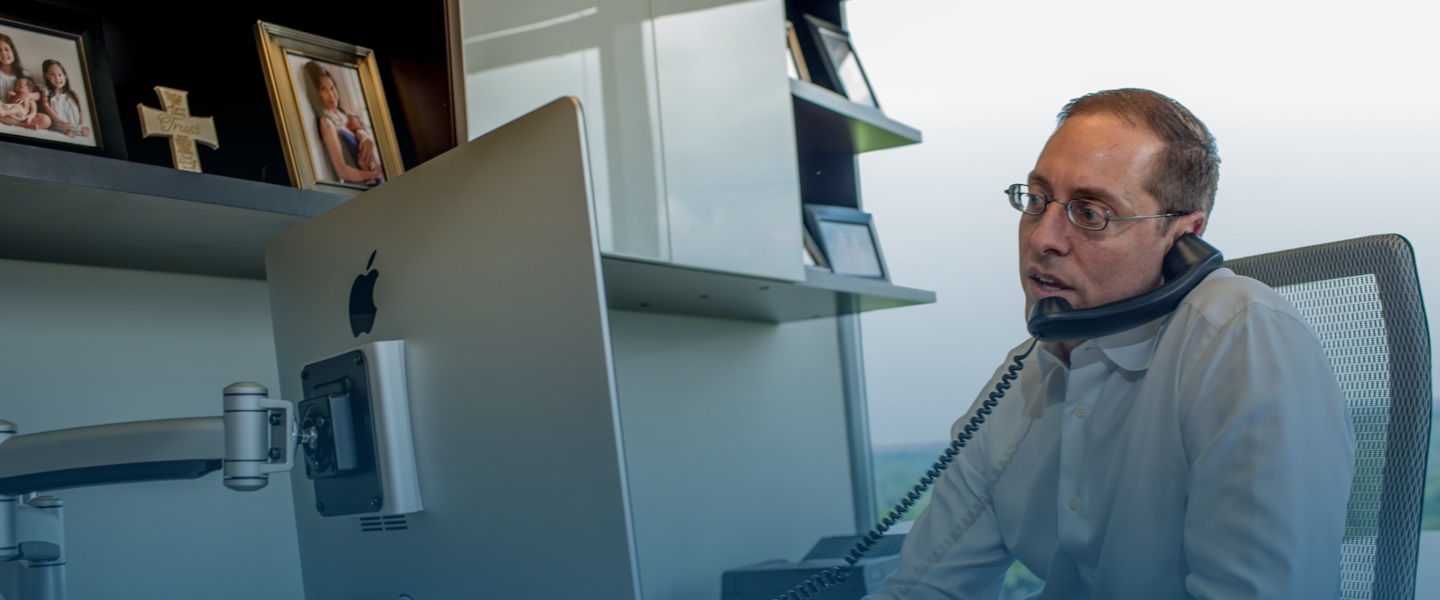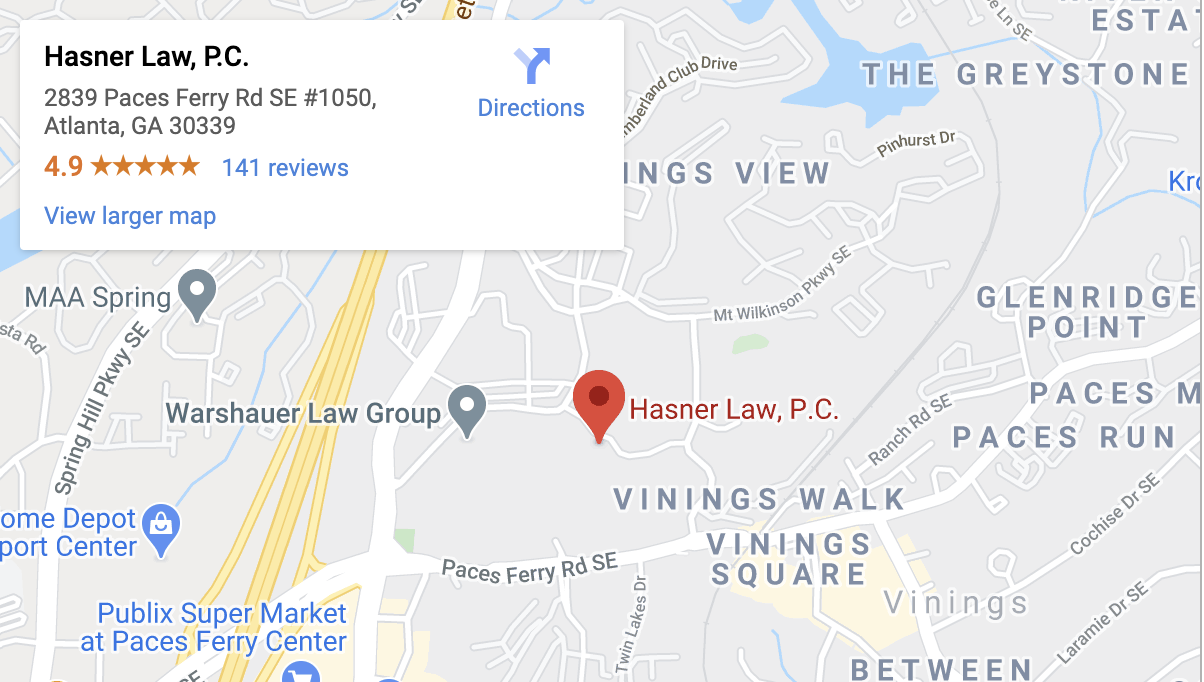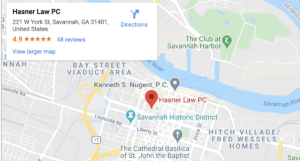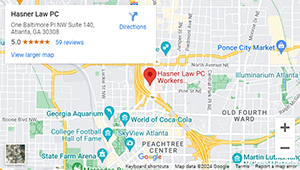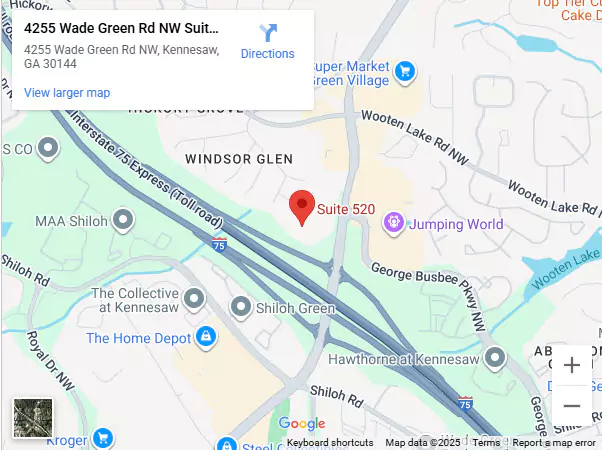Evidence in a Personal Injury Case

When you file a personal injury claim, you expect to be compensated for your injuries and expenses. You did not cause your accident or injury, so you should not be responsible for the financial burden after the accident.
However, before you can recover any money for your personal injury case, you must prove that the other party caused your injury. Proving fault and establishing liability requires evidence.
An insurance company will not hand you a check if you have no evidence they are liable for your injury. Likewise, a jury is unlikely to rule in your favor if you cannot prove the legal elements of a negligence case.
Therefore, before you make a settlement demand or proceed with a personal injury lawsuit, you must gather evidence proving fault, liability, and damages. Building your case requires that you have evidence of all three. Otherwise, you may not receive the compensation you deserve.
Evidence Introduced in Court During a Trial
Evidence may take many forms. The Federal Rules of Evidence and the Georgia Rules of Evidence (Title 24 Official Code of Georgia Annotated) decide whether documents, information, or testimony may be introduced in court. Some types of evidence may not be admissible in court, such as hearsay.
Common types of evidence in a personal injury case include, but are not limited to:
- Testimony – Case parties, eyewitnesses, experts, and other individuals will testify during the trial. These individuals have direct knowledge of facts or issues that relate to the dispute.
- Physical evidence – Physical evidence can be any material object, provided that it relates to the case.
- Hearsay – Hearsay evidence is typically not permitted in court. Hearsay refers to statements made outside of court for the truth of the matter asserted.
- Documentary evidence – This evidence is contained within or on documents, such as cell phone records or medical bills.
- State evidence – State evidence refers to testimony provided by a criminal defendant against other individuals about an alleged crime.
- Circumstantial evidence – Evidence that implies a fact or circumstance that results in a reasonable assumption about a fact.
There could be other evidence introduced in court. The circumstances of the case dictate what types of evidence might be used to prove the allegations.
What Types of Evidence Are Used to Win a Personal Injury Case?
Each personal injury case has a unique set of facts and circumstances. Therefore, a piece of evidence in one case may not be helpful in another similar case. However, there are some types of evidence that are commonly used in many personal injury cases.
Evidence that might be used in your case to prove fault, liability, and damages include, but are not limited to:
Photographs and Videos of the Accident or Accident Scene
In some cases, an accident may be captured on video. For example, traffic cameras, bystander videos, and videos from nearby surveillance cameras can show what happened. Additionally, photographs and videos of the accident scene can provide useful evidence to prove fault.
If possible, you should take photographs and make a video of the accident scene. However, do not put yourself or others in danger to do so.
Medical Records and Statements
Your medical records and statements provide detailed information about your injuries, medical treatment, and medical expenses. It is crucial that you document the extent of your damages and injuries for your claim.
Examples of medical records include, but are not limited to:
- Physician notes and records
- Ambulance and hospital records
- Therapy records, including occupational, speech, physical, emotional, and vocational therapies
- Records of medications, medical supplies, and medical equipment
- Diagnostic tests and lab work
- Medical records from specialists and primary care physicians
You should never sign a medical release form for an insurance company without consulting with a personal injury lawyer. The insurance company may try to access your entire medical history instead of records related to the accident injury.
Copies of Accident Reports and Police Reports
If you call 911, the police officers responding to the call should create a crash report or police report. That report contains valuable information about the accident or incident, including the individuals involved. Your injury attorney can request copies of reports from the police department.
Employment Records
Employment records can establish how much money you lost because of the accident or injury. You should be entitled to compensation for your lost wages, benefits, and other income. First, however, you must prove how much income you would have earned had you not been injured.
Eyewitness Testimony
Eyewitness testimony can be very compelling and convincing during a trial, especially when the witness is not a party to the case. Therefore, ask witnesses for their contact information at the accident scene. Police officers do not always take witness statements, or some witnesses could leave before the police arrive.
Expert Testimony, Research, & Studies
Experts assist during the investigation and may also testify in court. Jurors may give expert testimony more weight compared to testimony from the parties or other witnesses.
Academic studies and research by experts may also be introduced as evidence at trial. The information in these studies can support your allegations of what occurred.
Pain and Suffering Journal
In addition to reimbursement for economic damages, you are entitled to compensation for your pain and suffering. However, these damages are subjective because each person suffers differently.
A pain and suffering journal details your struggle to recover. Include notes about activities that you miss or tasks you cannot perform. Describe your pain levels and the type of pain you experience.
Try to include as much detail as possible and use descriptive words that paint a vivid picture of the pain and suffering you endured.
Call Our Atlanta Personal Injury Lawyer for a Free Consultation
Our Atlanta personal injury attorneys offer free no-obligation case evaluations. You can get answers to your questions about a personal injury claim from an experienced injury lawyer.
Call our law firm to schedule a free consultation today with a personal injury attorney in Atlanta, GA.

